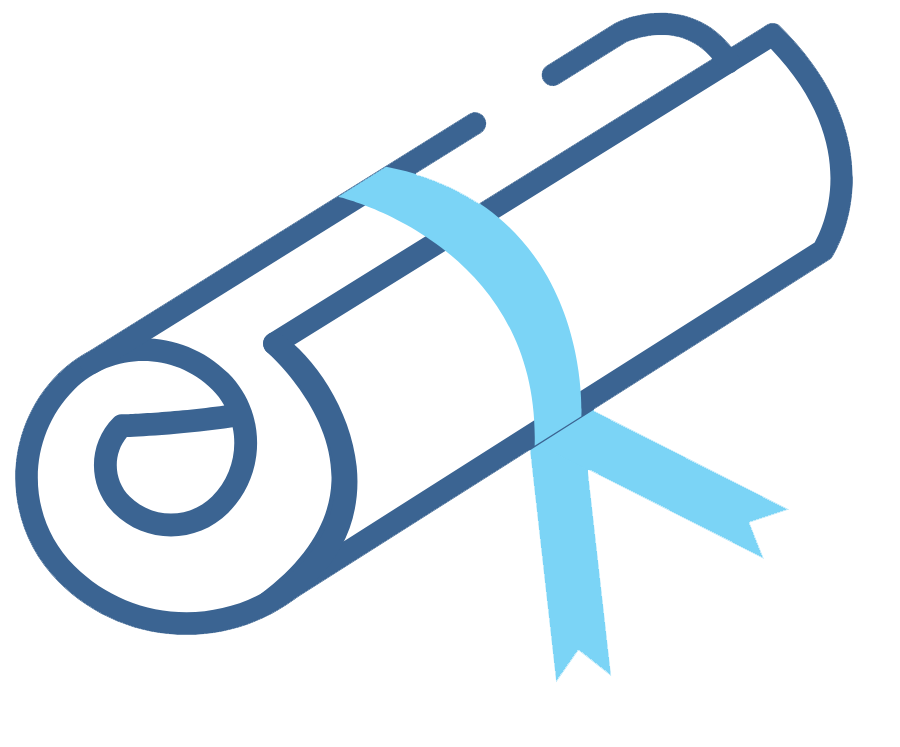Program
Discover detailed program for 6 modules!
The program for the 2025-2026 edition has incorporated the new features of the latest version of the PharmaTrain syllabus (V3.0 2024).
Discover detailed program for 6 modules!
The program for the 2025-2026 edition has incorporated the new features of the latest version of the PharmaTrain syllabus (V3.0 2024).
1- Setting the scene: drug development in context
2- Integrated product development: from discovery phase to market authorization
3- Drug screening: from animals to recombinant proteins and translational research
4- Big data and personalized medicine: can AI reinvent drug design and development?

At the end of this module, students should be able to describe:
1- The main steps in drug development
2- Particularities of the evolving healthcare environment today
3- The Main steps and innovation in drug screening
4- Principles of translational research and personalized medicine
5- How Artificial Intelligence can play a role in drug design and development
1- Pre-clinical strategy and study design
2- Pre-clinical safety: principles of pharmacology and toxicology
3- Drug formulation
4- Manufacturing
5- Moving to first-in-human studies

At the end of this module, students should be able to describe:
1- The principles of pre-clinical strategy
2- Requirements, ethics and regulations for pre-clinical and first-in-human studies
3- Basic concepts of pre-clinical pharmacology and toxicology
4- The main aspects of drug formulation and innovation in this field
5- Technical pharmaceutical development
6- Requirements and regulations in drug manufacturing
7- Planning and practical organization of Phase I studies
1- Early studies in patients
2- Clinical trial design
3- Planning and managing clinical trials
4- Gathering data from clinical trials
5- Blockchain in Clinical trials
 Learning outcomes
Learning outcomesAt the end of this module, students should be able to describe:
1- The main aspects of early studies in patients, and their impact on the drug development plan
2- The design of various types of clinical studies, along with the statistical aspects of these designs
3- Key issues involved in conducting a clinical study in line with Good Clinical Practice (GCP)
4- The main safety issues in clinical trials and drug development
5- Data collection principles and tools
6- Key steps and methods in data management
7- Blockchain applications in clinical trials
1- Clinical trial protocols and Investigator Drug Brochure (IDB)
2- Biostatistics: evaluating clinical data
3- Evaluating safety data
4- Data interpretation and scientific writing

At the end of this module, students should be able to describe:
1- Development of a clinical trial protocol and the role of the Investigator Drug Brochure (IDB)
2- How to evaluate and interpret clinical trial results in scientific papers
3- The main statistical methods used in clinical data analysis, and the current challenges around the p-value
4- The main aspects of clinical study reports, and documents for regulatory submission
1- Drug Registration: European procedures and the international environment
2- Pharmacovigilance & medical information
3- Pharmacoepidemiology

At the end of this module, student should be able to describe:
1- General principles of medicine regulation (pre- and post- approval)
2- Principles of pharmacovigilance and medical information
3- The role of pharmacoepidemiology in a medicinal product’s lifecycle

1- The principles in, and practical applications of, health economics and Health Technology Assessment within the healthcare marketplace
2- The ethical and legal aspects of bringing a drug to market
3- What makes a truly innovative product?
Biologics, vaccines, ATMPs, medical advice: how do they differ from conventional drugs?